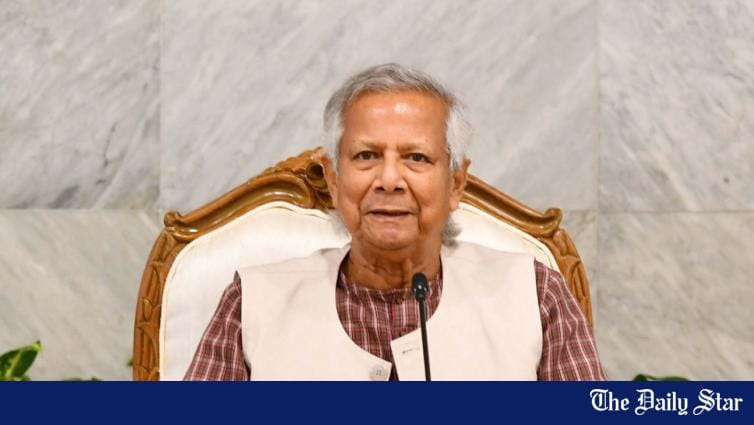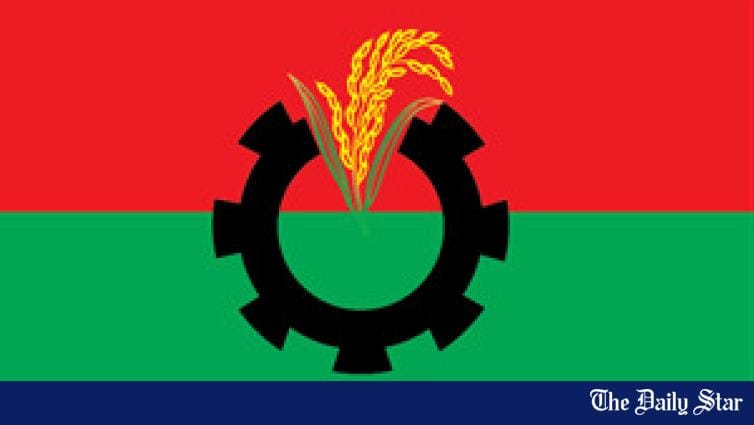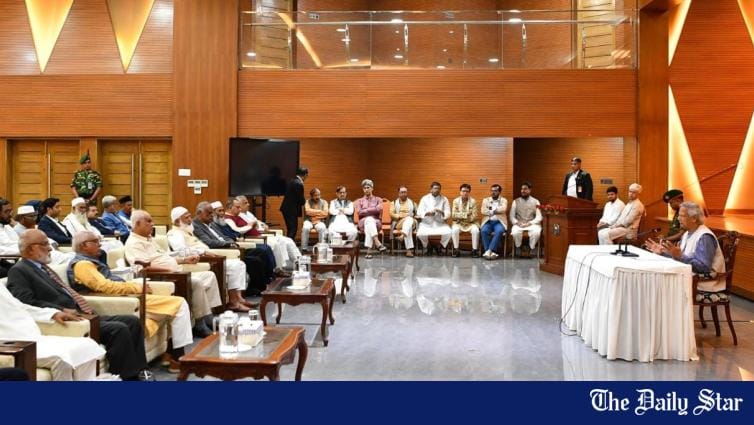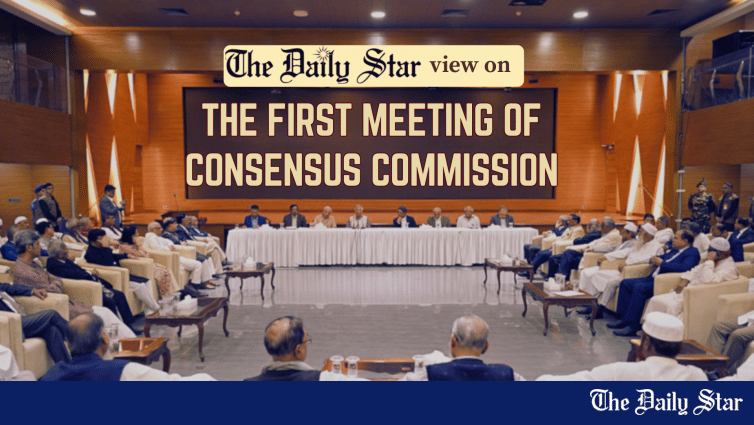Saif
Senior Member
- Messages
- 14,830
- Reaction score
- 7,674
- Origin

- Residence

- Axis Group

Date of Event:
Feb 5, 2025
Consensus commission’s first meeting in mid-Feb
6 commissions may submit full reports on February 8

Photo: BSS
The National Consensus Commission headed by Chief Adviser Prof Muhammad Yunus will start discussions with the political parties and stakeholders of the 2024 uprising in mid-February.
The date of the first meeting would be fixed in consultation with the political parties and stakeholders of the uprising, Law Adviser Asif Nazrul said yesterday after Prof Yunus held a meeting with the chiefs of six reform commissions.
Google News LinkFor all latest news, follow The Daily Star's Google News channel.
The six commissions are expected to submit their full reports on February 8. 8, after which their recommendations will be sent to the political parties for their consideration, according to Asif Nazrul.
He said the first meeting would be presided over by Prof Yunus at the Foreign Service Academy. The government hopes to continue the talks in Ramadan if possible, he added.
6 commissions may submit full reports on February 8
Photo: BSS
The National Consensus Commission headed by Chief Adviser Prof Muhammad Yunus will start discussions with the political parties and stakeholders of the 2024 uprising in mid-February.
The date of the first meeting would be fixed in consultation with the political parties and stakeholders of the uprising, Law Adviser Asif Nazrul said yesterday after Prof Yunus held a meeting with the chiefs of six reform commissions.
Google News LinkFor all latest news, follow The Daily Star's Google News channel.
The six commissions are expected to submit their full reports on February 8. 8, after which their recommendations will be sent to the political parties for their consideration, according to Asif Nazrul.
He said the first meeting would be presided over by Prof Yunus at the Foreign Service Academy. The government hopes to continue the talks in Ramadan if possible, he added.


















